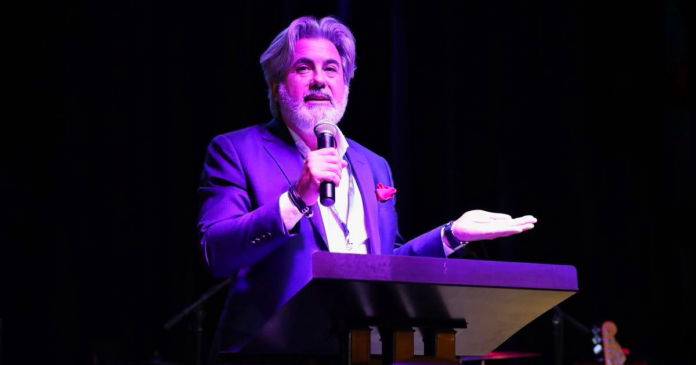A 44-year-old mother of two was innocently walking along Toronto’s Queen St. East last Friday afternoon when she was gunned down by a trio of men likely having a turf battle over a drug deal.
Tragically, Karolina Huebner-Makurat, a mother of two young girls, succumbed to her injuries en route to hospital.
She was caught in the crossfire while walking to get lunch, reports say.
Toronto police have indicated they are looking for three men, who opened fire following a heated altercation outside the South Riverdale Community Centre, which is home to a safe injection site.
Although they released images Sunday, even Toronto police did not mention the suspects were all black.
Few legacy media reports — in particular the CBC — have indicated that the suspected shooters are black, even though a manhunt is on for them.
Save for one media report, no connections have been drawn between the brazen noontime shooting and its location outside a safe injection site, one of many where I’ve repeatedly seen drug dealers preying on vulnerable addicts.
The silence from progressive politicians — who’ve created this Wild West atmosphere with their drug-enabling policies — has been deafening since Friday afternoon.
The councillor for the area, Paula Fletcher, tweeted a message of condolence:
Peter Tabuns, NDP MPP for the area, also made a weak attempt at recognizing the tragedy, as did the federal MP for the area.
Nothing has been forthcoming from any of the politicians –in particular federal like my own MP Carolyn Bennett or Prime Minister Justin Trudeau himself – who have enabled this terrible approach to drug addiction.
Aside from retweeting Fletcher’s comment, Chow said nothing while glad-handing as if she was already mayor at a number of festivals this weekend, including The Taste of Lawrence and the Toronto Art Fair.
The progressives and activists – who tweeted at the drop of a hat about the stabbing in the diversity class at the University of Waterloo Ontario in late June – have also been silent. They haven’t even had the gumption to admit this was a terrible tragedy.
That’s because these classless cowards are the ones to blame for this tragedy. They have coddled addicts and criminals and have operated under the deluded belief that safe injection sites help addicts survive.
They’ve been so short-sighted about their harm production policies that they never anticipated the sites would become drug dens infested by dealers preying on addicts and creating lawlessness throughout the neighbourhoods where they are located.
One news report characterized the horrifying increase in violent crime in the South Riverdale neighbourhood where the poor mom was gunned down–a direct result of the safe injection site.
Add to that our revolving door catch-and-release policies and a justice system that panders to the criminals, rather than the victims, and we have an accident waiting to happen.
Well, it happened and I for one, am angry, at the cavalier, short-sighted attitude of the legacy media and the activists and politicians for which they run interference.
I know it will only get worse under the radical, soft-on-crime policies of mayor-elect Chow.
When asked about another violent stabbing the day before on the TTC – a black homeless man has been arrested – she muttered rather inarticulately about the need for more social workers to “deescalate issues” on transit.
“I met with the chair of the TTC Jon Burnside … he talked about what the TTC is doing to provide more safety…he talked about social workers in the TTC to support people who have different issues,” she said. “It’s a bit too early to answer the question.”
If her bordering-on illiterate response and lack of knowledge of what is truly going on is any indication, the citizens of Toronto are in for a truly tough three years.
Meanwhile, there is a GoFundMe site set up to help the family impacted by this tragedy.





























